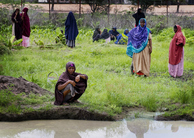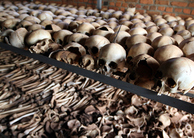Social Sciences
Humanities
|
Recommended from the blog: 7 Big Differences Between College and Graduate School »
|
© 2025 Inquiries Journal/Student Pulse LLC. All rights reserved. ISSN: 2153-5760.
Disclaimer: content on this website is for informational purposes only. It is not intended to provide medical or other professional advice. Moreover, the views expressed here do not necessarily represent the views of Inquiries Journal or Student Pulse, its owners, staff, contributors, or affiliates.
Home | Current Issue | Blog | Archives |
About The Journal | Submissions
Terms of Use :: Privacy Policy :: Contact









